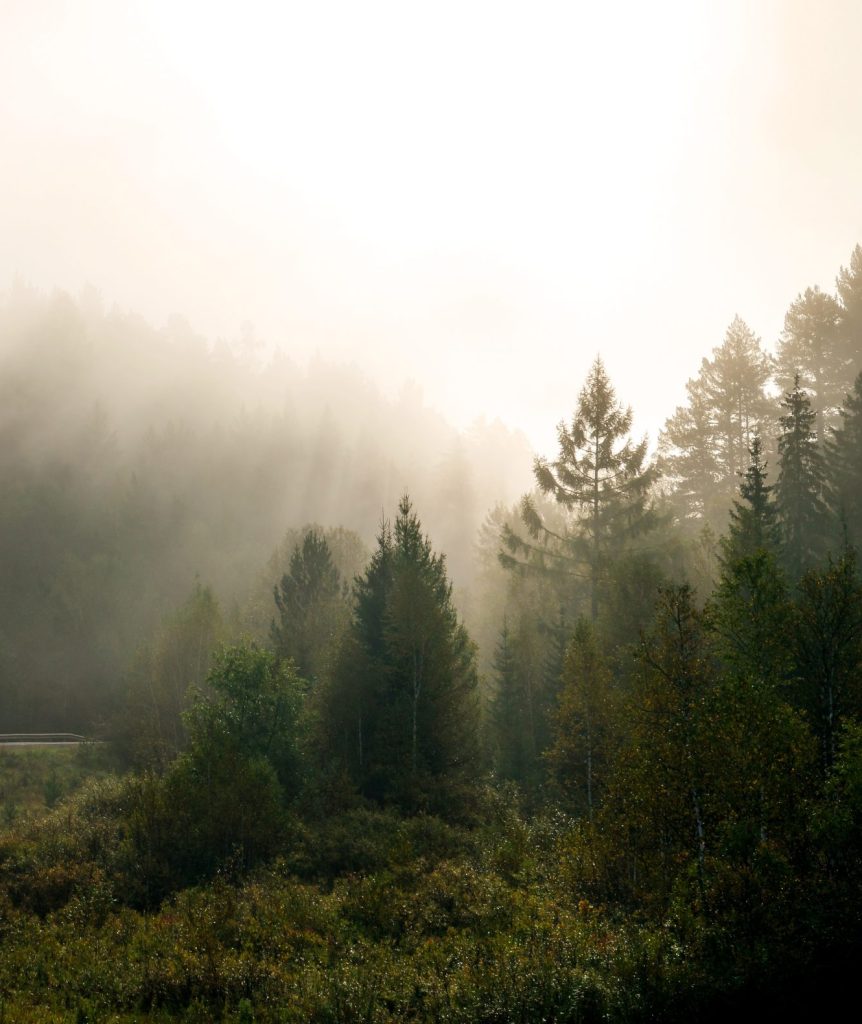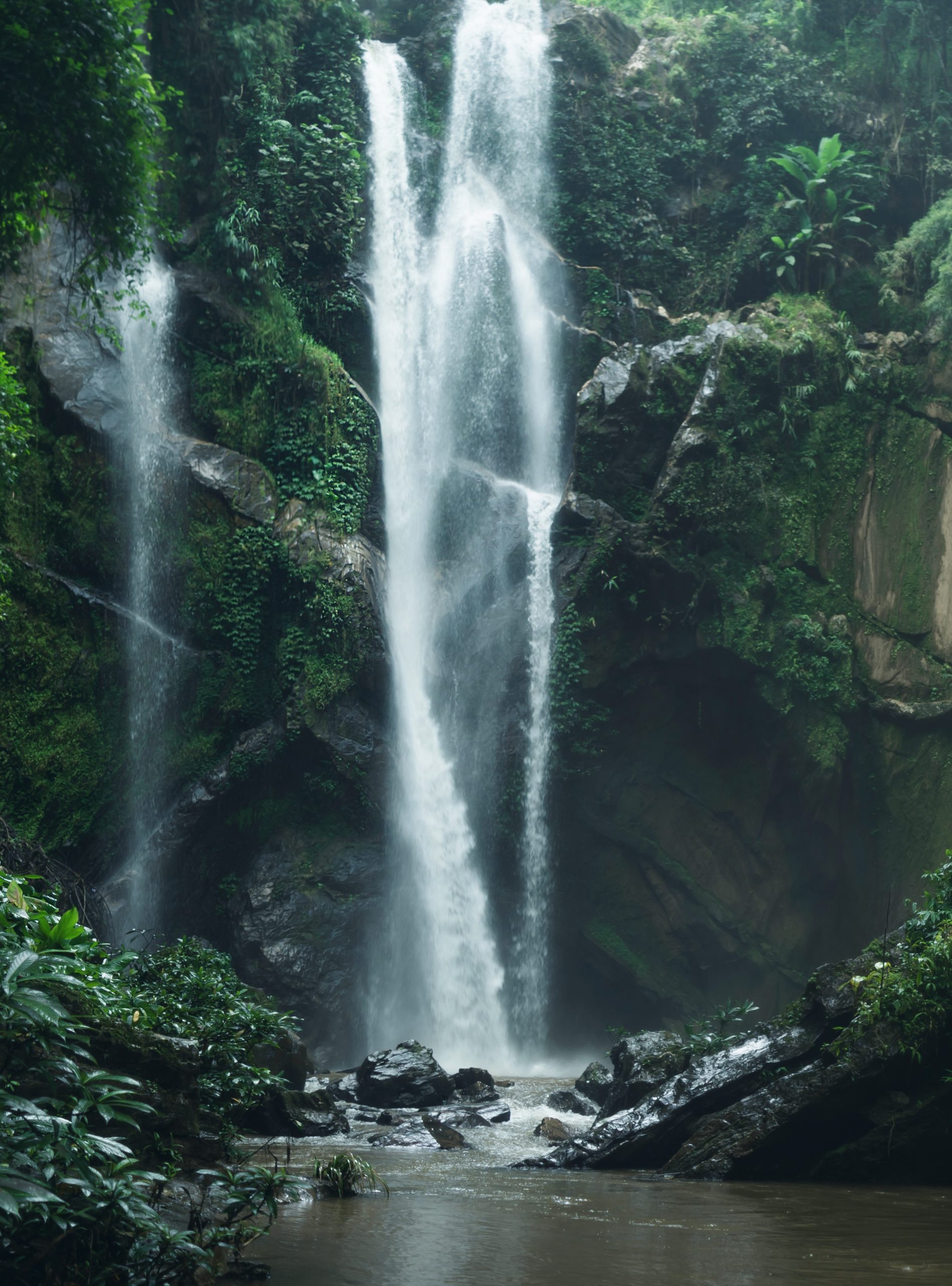Article
Nature Has its Own Concept of Silence Here’s How to Embrace it

As you sit here reading this article, what are you hearing in the background? A family member talking, the refrigerator humming, your coffee pot gurgling, a bird chirping outside, your computer mouse clicking as you navigate down this digital page…
We live in a noisy world and are inundated with sounds all day long – and often throughout the night (consider the traffic outside your window, the hum of a fan, your air conditioner kicking on and off throughout the night to maintain your desired room temperature). Many of these noises are so common to us that we don’t think about hearing them – unless of course they take on a different form – i.e. typical traffic gets louder when a fire truck goes by with its siren on, for instance. But just because we don’t think about noise doesn’t mean it isn’t occurring all around us. And even people who live in the country away from the bustle of busy streets still hear sounds on a daily basis, whether that’s their footsteps on fallen leaves or a cat purring on the couch.

We go to great lengths as humans to attempt to find our own versions of quiet – embracing habits like sitting still for a 20 minute meditation or turning off the TV to curl up with a book and a cup of tea on a rainy afternoon. Musicians go so far as to block out ambient sound by sound proofing their studios. And directors are quick to squash background noise by shouting “quiet on the set.” But when it comes to silence, nature embraces its own noises.
Silence in nature is different than silence in real life
Unlike urban quietness, where silence may mean an artificial, soundproofed environment, nature has its own definition of silence. “Human-made noise stands in opposition to silence in natural environments,” says Dr. Olga Lehmann, an expert in the psychology of silence. In everyday life, noise is often unwanted or unexpected, while natural sounds tend to be intentional and expected.
Lehmann provides the following example to illustrate this concept: “Imagine hiking up a mountain surrounded by quiet. Sounds like birdsong or the wind brushing branches fit into the scene. Yet, introducing noises like traffic or airplanes immediately disrupts this peaceful imagery, making it less idyllic.”
From a scientific perspective, this distinction is important. “Silence” in natural environments typically describes soundscapes characterized by gentle, low-volume sounds that blend with the environment in a harmonious manner (the buzz of a bee flying by or the whisper of the wind), instead of a disruptive one, like man-made sounds (such as the sound of a car alarm going off in the parking lot of a hiking trail). The subtle sounds of nature, says Lehmann, promote a sense of calm and foster a profound connection to our natural environment. In contrast to the mechanical silence of urban environments, where having things too quiet can come across as unnatural, silence in nature isn’t empty. It’s a space that supports life and a natural rhythm of things.

The impact of silence on our environmental connection
In Lehmann’s research, everyone’s experiences of silence are vast and varied. “Some research suggests that the sounds of birdsong, water and wind are experienced as restorative,” she explains. These natural sounds can be perceived as having soothing effects and can even be stress reducing. “Water sounds, for example, have proven to reduce heart rate and experiences of anxiety,” she explains. A 2023 study found that people who listened to the sounds of nature instead of the noise of an urban environment had lower heart rates, were more comfortable, relaxed and natural and were in better moods.
But Lehmann notes that if someone is not used to soothing sounds (think New York City life) and has not spent much time enjoying rural habitats, they can find the experience of contrast of being in nature to be somewhat disorienting. And nature that’s too quiet can also take its toll – the absence of nature’s natural rhythm of silence can have a negative connotation for nature itself. For instance, if birds stop chirping and animals stop rustling around, a meadow being too silent can signal that a predator is nearby, like a fox or coyote.
To Be Silent is to Be Present, Regardless of the Noise Around You
Being able to reap the benefits of natural silence, Lehmann says, comes down to not only immersing yourself in nature but being fully present as well, noting that “one of the superpowers of silence is attention.” “The problem is not only noise as a distraction, but technology overstimulation,” she explains. “If we are most interested in taking selfies while in nature, than in being there, I fear our connection with the present moment might be threatened.”
“The Europe Environmental Agency is mapping the quiet areas in different European cities, as well as the areas in the city where the noise levels (measured in decibels) can be dangerous for our health,” says Lehmann. Conversely, there are agencies working to keep natural spaces natural by keeping noise away that doesn’t belong. The goal is to help these landscapes to continue to flourish without outside interference, which also provides places for humans to take in a true dose of silent nature.
Lehmann herself lives in the woods of Norway, an area she says is often touted as a silent space. “Being at a cabin in the mountains here in Norway has certainly been some of the deepest experiences of silence,” she says. Being in complete natural silence, however, requires a degree of survival skills that many people do not possess, jokes Lehmann. She recalls “walking around Svalbard, although I was terrified by the idea of a Polar Bear arising out of the blue, even if we had guides with fireguns to eventually protect us.”
But Lehmann admits that having access to a silence space is not always possible but stresses that “silence is something we can experience wherever we are.” “Stuck at your office longing for nature? Do a simple appreciation meditation looking at a plant you have on a pot. Make use of the parks in your city. Have a short ride adventure on the weekend, and of course, if traveling afar is in your budget and time capacity, plan for that,” she suggests.
More from L-Acoustics
Technologies, solutions, news, and stories related to this article.


